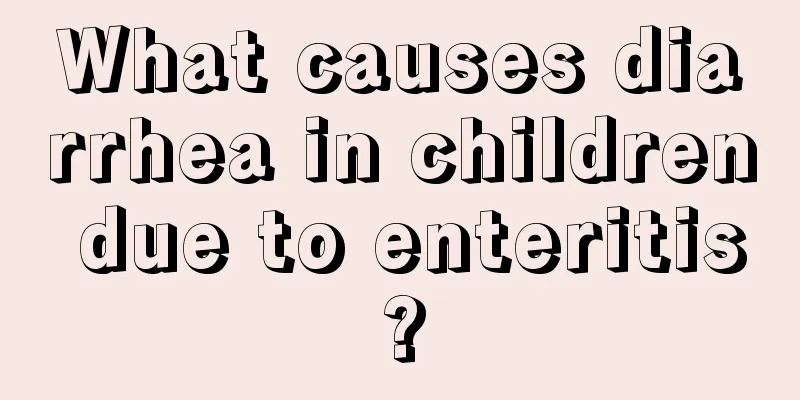What is the treatment for vomiting in children?

|
Vomiting is a common symptom in children, and there are many reasons for vomiting, such as poor diet, food poisoning, etc. When vomiting occurs, you should understand the specific cause and then treat the primary disease in time. During the treatment process, you should pay attention to dietary health and eat foods that are easy to digest and easily absorbed by the stomach and intestines. treat The main purpose is to find out the cause and treat the primary disease. On this basis, symptomatic treatment is adopted. 1. Children who vomit should lie on their side or sit up, and rinse their mouths with warm water after vomiting. Give the child a small amount of fruit juice and light salt water to drink. If the cause is due to improper diet, take a rest and reduce food intake. 2. After vomiting stops or is relieved, give a small amount of lukewarm, easily digestible food or liquid food such as rice soup. 3. Those with dehydration or electrolyte imbalance should be given fluid replacement and electrolyte imbalance should be corrected in a timely manner as needed. 4. Those who vomit frequently should be given antiemetics and sedatives. Such as Lumina, Hibernation Spirit, Metoclopramide suppositories, etc., use Metoclopramide with caution. 5. Antispasmodics, such as belladonna mixture, atropine 654-2, propantheline, and 1% to 2% procaine. prevention 1. Newborns and infants should not be breastfed too quickly. After breastfeeding, hold the baby upright, let him lie on the mother's shoulder, and pat his back gently until he hiccups. 2. Pay attention to eating at regular times and in regular amounts, avoid overeating, and do not overeat fried, greasy foods and cold drinks. 3. Pay attention to food hygiene and do not eat dirty or rotten food. 4. Strengthen physical exercise, enhance body resistance and prevent viral and bacterial infections. If a newborn vomits several hours after birth, the baby may inhale amniotic fluid during delivery; if the baby frequently vomits 24 to 36 hours after birth and does not have a bowel movement after birth, anal or rectal atresia should be considered; if the baby continues to vomit 1 to 2 weeks after birth and worsens in the third week, accompanied by weight loss and malnutrition, the baby needs to be observed for pyloric hypertrophy and stenosis; if the baby vomits coffee-colored mucus within a few hours after birth, the baby may accidentally swallow maternal blood. A 3-year-old child who repeatedly and persistently vomits brown substances may have a hiatal hernia. |
<<: How to speed up the recovery of children's fractures?
>>: alert! Seven types of malformations may not be detected by ultrasound
Recommend
How to deal with a baby with a high fever of 39.5 degrees at home
The commonly used physical cooling methods in the...
What should I do if my seven-year-old child has a hunchback?
Parents naturally have an unshirkable responsibil...
How can children increase their body resistance?
Everyone knows that when the human body's res...
What nutrients can children take to grow taller?
With the development of the times, there is only ...
How to carry out early intervention for special children?
Children's physical development is very impor...
What is the reason for the child's high fever?
Fever is a disease that many children will suffer...
Is it dangerous to get a vaccination when you have a fever?
There are many benefits of getting preventive sho...
What should I do if my child has dermatitis?
As the largest organ in the human body, the skin ...
What to do if your baby has flat bumps
Usually, most babies will suddenly develop some o...
Language development disorders in children
We all know that a baby cannot speak when he is j...
What are the dangers of yellow runny nose in children with colds
Colds and runny noses are common in children, but...
One year and two months old baby early education
Early education has a great influence on the grow...
Solution to white tongue coating in newborns
The physical health of newborns is something that...
Baby keeps gagging but not vomiting
Newborn vomiting is a very common phenomenon. Bec...
Baby picking nose and nose bleeding
The feeling of having a foreign body in the nose ...









